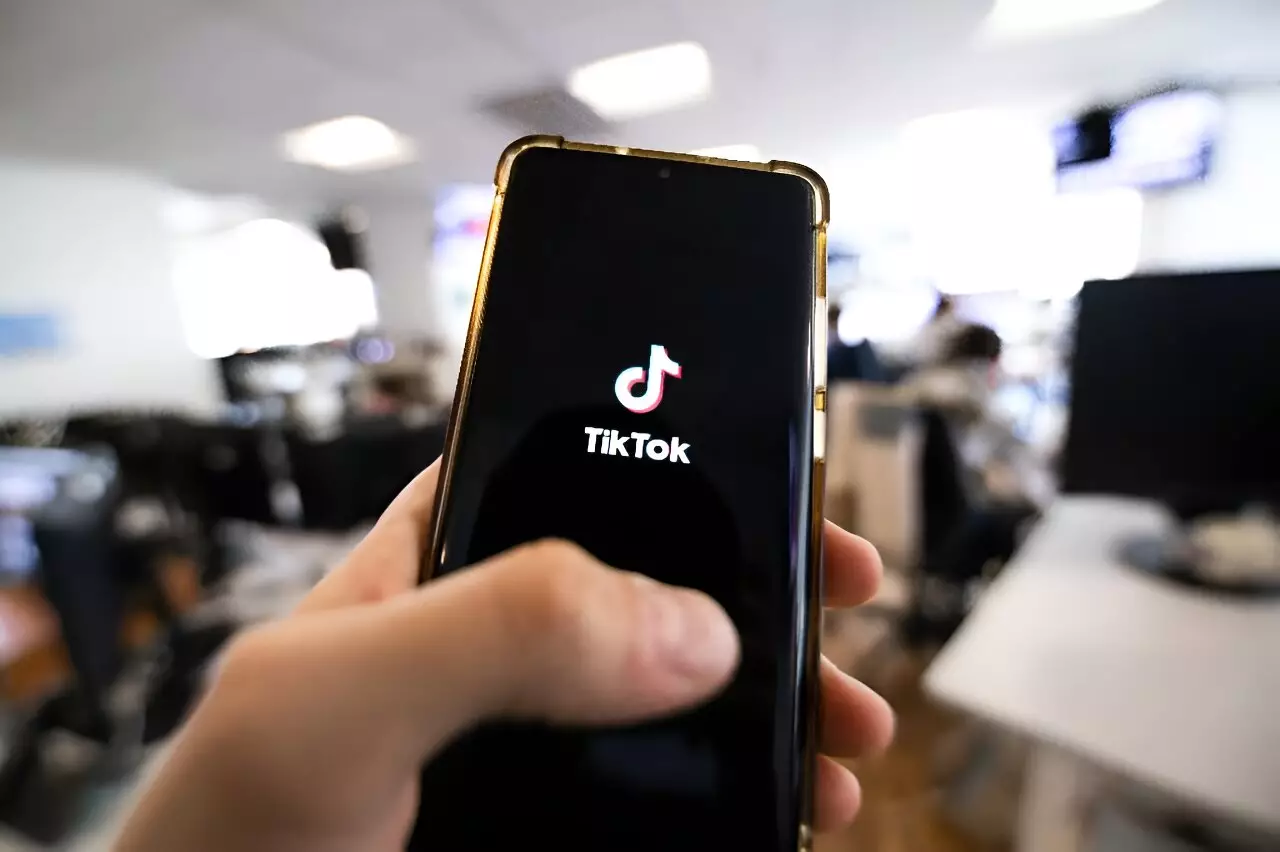The legal wrangling surrounding TikTok serves as a litmus test for the broader conversation about national security, free speech, and the future of social media in a digital democracy. With the U.S. government demanding that the Chinese-owned app divest its ownership before a looming deadline, TikTok’s appeal is not just about survival; it’s about the fundamental right to communicate freely in an increasingly digitized world. As TikTok braces itself for a crucial legal showdown in front of the U.S. Court of Appeals, the outcome holds significant implications for both U.S.-China relations and the nature of free speech in America.
The unfolding legal crisis occurs amid a tumultuous political landscape in the United States, where TikTok has become a surprising focal point. Even figures like Donald Trump, who initially championed the idea of banning the app during his presidency, have fluctuated in their stance—Trump has recently urged his supporters to protect the app. Meanwhile, President Biden’s administration, firmly anchored in the defense of national security, has passed legislation compelling TikTok to separate from its Chinese parent company, ByteDance, by January 2025. This bipartisan tension illustrates how a platform that entertains millions of Americans has unwittingly become a pawn in broader geopolitical strategies.
TikTok’s legal representatives are poised to argue that the law demanding divestiture infringes upon First Amendment rights, a crucial aspect of American democracy. The app insists that the legislation effectively silences 170 million users who rely on the platform for expression and communication. The crux of TikTok’s argument is that even if divestiture were achieved, the essence of the platform would be compromised; valued features that sift and curate content uniquely for each user would be lost.
In legal terms, the application of the First Amendment to modern platforms like TikTok poses intriguing questions; how do we define free speech in an age where digital boundaries are increasingly blurred? TikTok’s insistence that the U.S. Constitution “is on our side” reflects a deep-rooted belief in the American principle of freedom of expression. The implications of a ruling against TikTok could set a dangerous precedent, potentially leading to further restrictions on digital platforms.
Conversely, the U.S. government has robustly framed its stance around national security concerns, arguing that TikTok poses a significant risk that could be leveraged by the Chinese government. Their assertions raise valid, albeit contentious, points about the capability of powerful foreign entities to exploit social media platforms for intelligence gathering or disinformation campaigns. The Justice Department contends that ByteDance’s ties to China could compel the company to comply with the Chinese authorities’ data requests, raising fears of censorship and manipulation of content.
Yet, the U.S. government’s reliance on classified information complicates the matter. As noted by legal experts, this secrecy can hinder a transparent evaluation of the legitimacy of the national security claims made by the government. Furthermore, the U.S. Supreme Court has historically been wary of rulings that favor national security over First Amendment rights, particularly in cases involving digital communication.
The TikTok legal saga embodies a crucial intersection of technology, politics, and civil rights, showcasing how digital platforms can reflect societal tensions. The implications of this case may extend far beyond TikTok itself, potentially altering the landscape for similar companies operating in the U.S. that may face similar scrutiny. If the court tilts towards the government’s position, it could usher in a worrying era of regulatory oversight over social media that might chill innovation, creativity, and free expression.
Moreover, the case highlights the struggle for younger generations to engage politically through platforms that resonate with them. As political campaigns increasingly leverage TikTok for outreach, the evolving relationship between social media and politics will likely grow more complex. This trial may shape not only TikTok’s future but also the broader dynamics of how platforms facilitate discourse in our increasingly polarized society.
As TikTok grapples with impending legal challenges, it stirs a profound debate about the essence of communication in the digital age. While national security is undeniably crucial, striking a balance that upholds free speech rights remains imperative. The court’s decision, likely to be appealed in higher courts, will resonate deeply across the fabric of American society, prompting ongoing discussions about the kind of relationship citizens wish to maintain with both their government and the platforms that have become conduits for their voices. TikTok, in its fight, is not just securing its own future; it is championing the rights of millions who seek to express themselves in a free and democratic society.


Leave a Reply